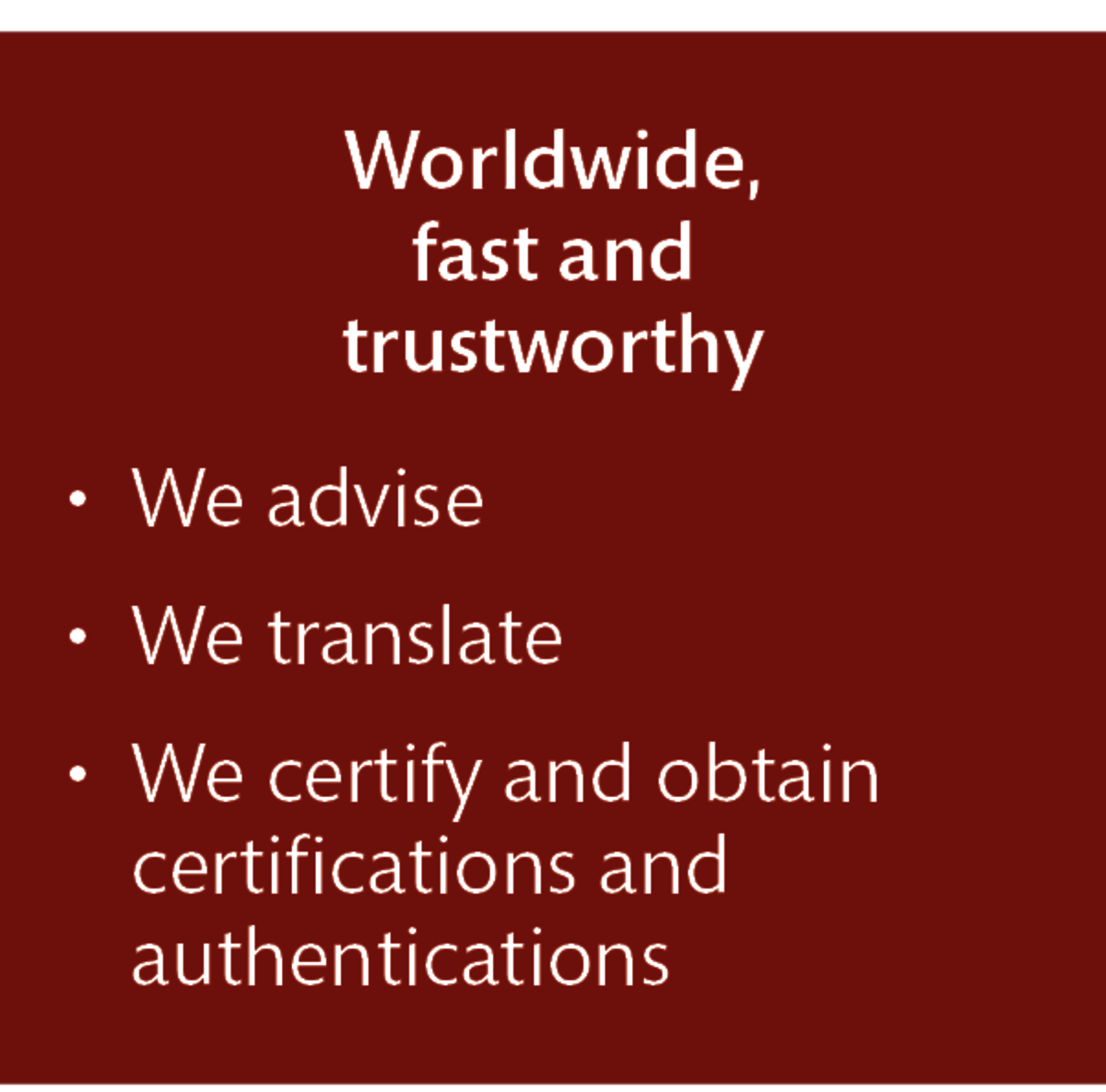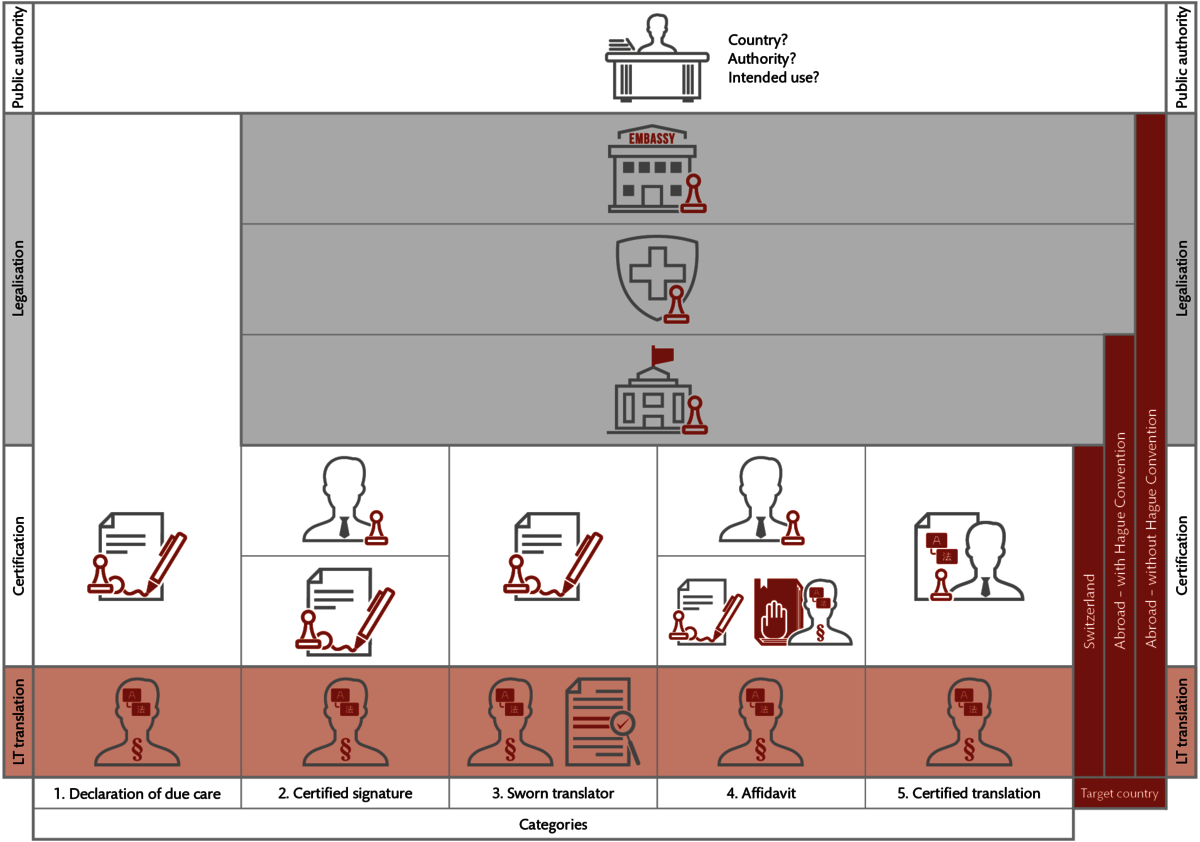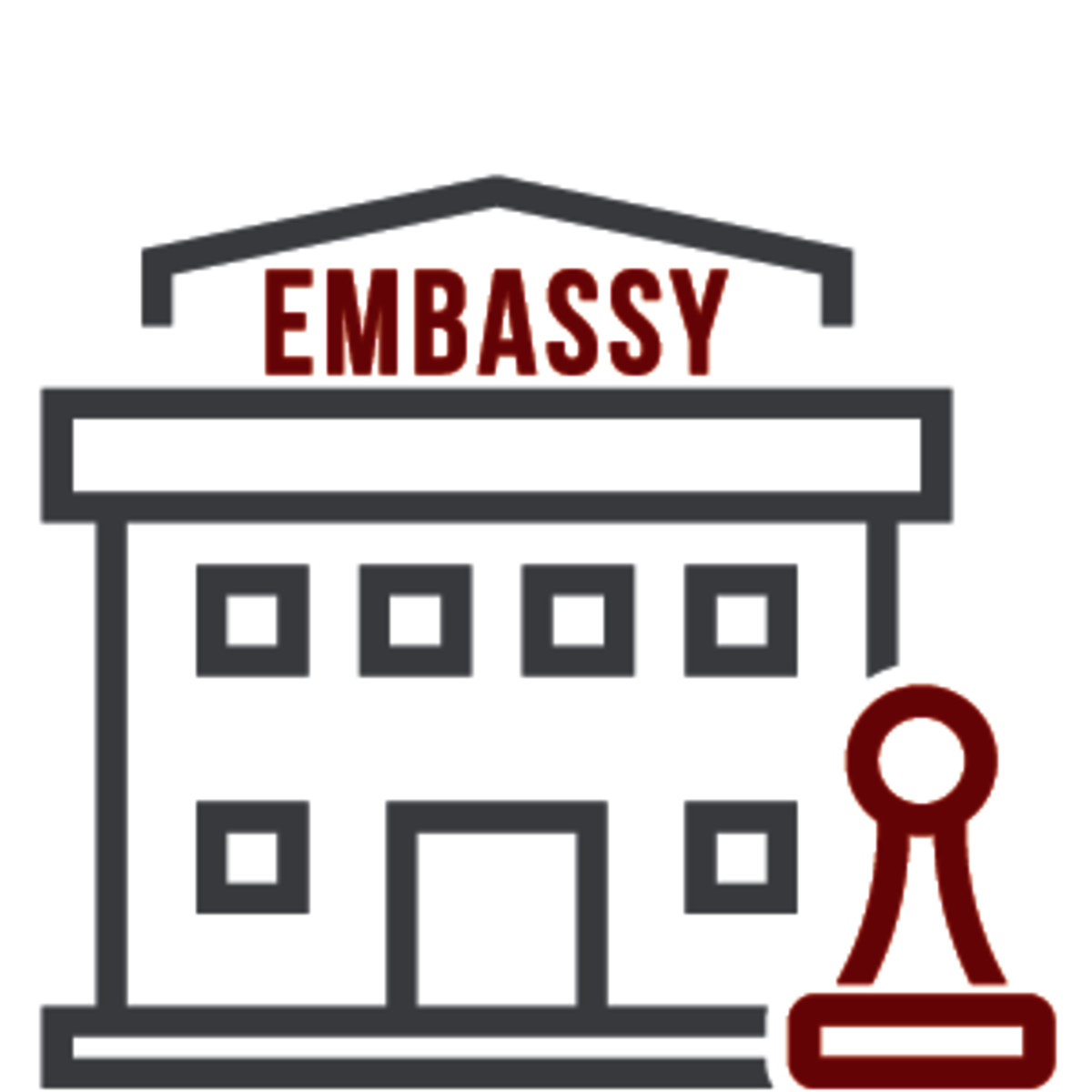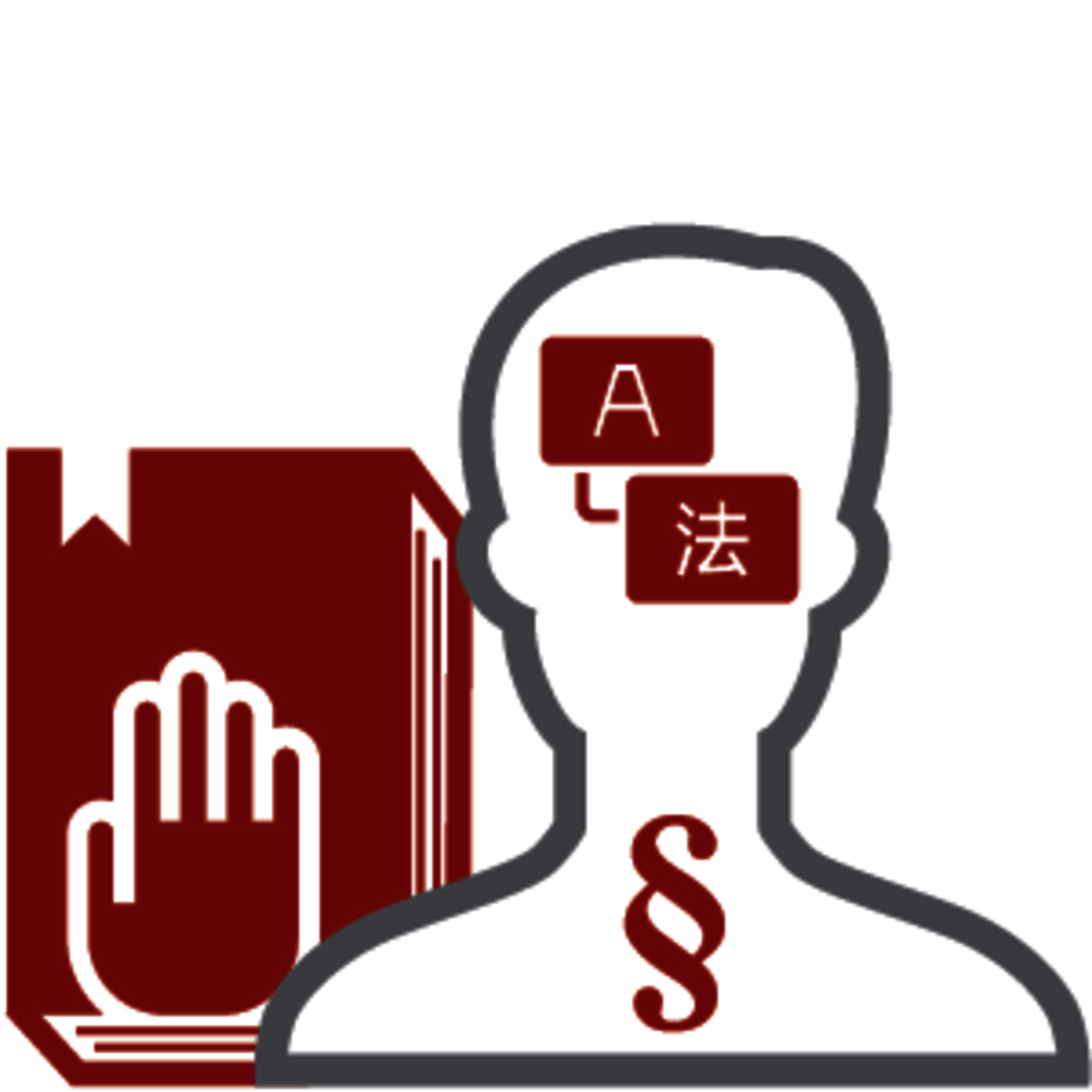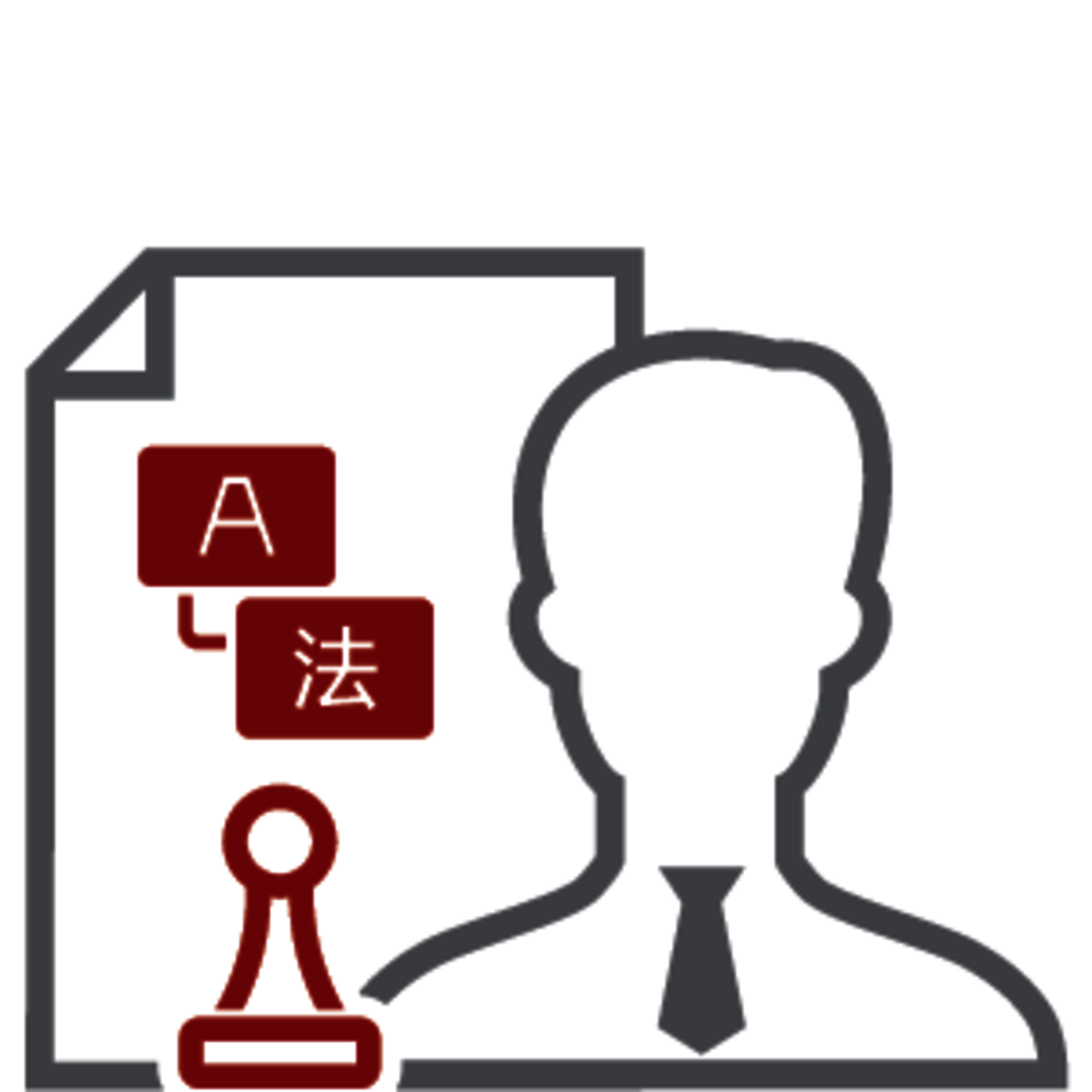Translations for official use
Do you have documents that you need to have translated and submitted to an authority in another canton or country?
Depending on the country, the authority and the intended use of the translated document, there are different formal requirements for translation and certification. We will identify the relevant requirements for your project, advise you and implement the necessary measures.
Categories
We are well versed in the formal requirements, depending on the applicable legal system, for translations for official use and differentiate the following five categories:
For usage in Switzerland
The notarial legalisation procedure confirms the signature of the person making the declaration of translation accuracy, or of the enterprise bearing liability for the accuracy of the translation, and accordingly the binding status of the declaration of accuracy.
For usage abroad
Target authority situated in a state that has ratified the Hague Convention*
LT translation -->
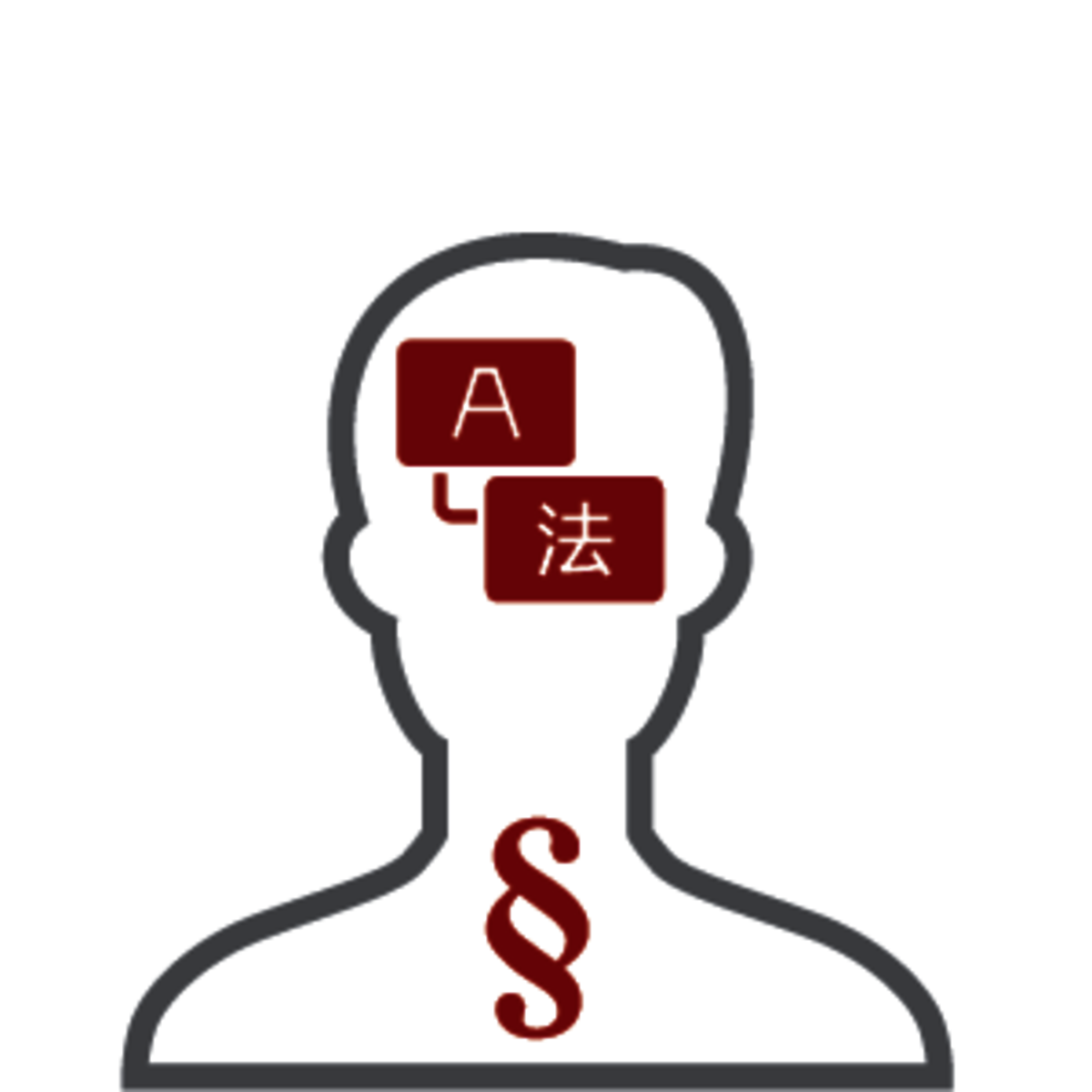
Target authority situated in a state that has NOT ratified the Hague Convention*
LT translation -->

2. Supplementary legalisation by the cantonal state chancellery
By the supplementary legalisation procedure the state chancellery of the canton in which the Notary Public practises confirms his/her signature and accordingly his/her status as licensed to practise as a notary within the territory of the canton.
* Convention abolishing the Requirement for Legalisation of Foreign Public Documents of 5 October 1961.
Within territories or before authorities that operate a system including sworn translators, translations are accepted – although in some cases not exclusively – from translators who have been included in a special register (based on a translation test or other proof of qualifications).
An affidavit is an enhanced version of a declaration of translation accuracy, with consequences under criminal law in the event that a false statement is made. In making a solemn declaration (affidavit) in relation to a translation the translator certifies under oath before a Notary Public that the translation is accurate.
This type of "enhanced declaration of translation accuracy" is particularly prevalent in common law countries.
An authenticated translation is carried out by a Notary Public on the basis of the document translated by LT Lawtank, and may include a foreign language report of authentication. This solution is only rarely used (e.g. for authenticated instruments concerning a declaration of status).
We advise you with respect to the required form, translate, certify / obtain certifications and provide you with the required documents together with
- our partner notaries public,
- the competent state chancelleries and offices,
- other authorities (chancelleries, consulates, embassies), and
- our logistics partners and courier services.
Examples of documents
Do you need translations of documents in connection with certain official acts or for official/formal submission to authorities and registry offices, such as:
- Personal, marital and family law documents
- Birth, recognition, marriage and death certificates
- Marital agreements
- Divorce settlements
- Report cards/diplomas/certificates
- Passports/visa
- Register extracts
- Criminal records extracts
- Commercial register extracts
- Debt collection register extracts
- Estates
- Wills
- Inheritance contracts
- Division of estate agreements
- Probate
- Inheritance proceedings
- Other
- Procedural, litigation and court documents
- Appeals, complaints, court submissions
- Articles of Association
- Contracts
- etc.
We translate from/to:
| Group A |
| Dutch German English French Italian Portuguese Spanish |
| Group B |
| Bosnian Croatian Czech Danish Norwegian Polish Romanian Serbian(Latin) Slovak Slovenian Swedish |
| Group C |
Belarusian |
| Group D |
Arabic |
*Other languages on request
LT practice examples of certified translations
Marriage
A Swiss national marries a Russian woman in Switzerland. To this end he must have the Russian birth certificate of his future wife translated into French for the civil registry office. The competent civil registry office requires that the translator provide a declaration of due diligence, although the formal requirements vary from canton to canton. LT Lawtank performs the translation and provides the declaration of due diligence required in the target canton.
Company formation
For the establishment of a branch office of a Dutch company in Switzerland the Commercial Register extract and the Articles of Association must be translated into German and the translation must be certified. Generally, the competent Commercial Registry office requires the submission of the original or of a certified copy in accordance with the relevant formal requirements, including a certified translation.
Joint venture
A Swiss company wishes to do business through a joint venture in China and requires a certified translation of its Articles of Association and of the Commercial Register extract for this purpose. Since China has not ratified the Hague Convention, the following certification steps are required: notary public – state chancellery (canton) – federal chancellery – Chinese embassy. We translate the relevant documents and obtain the necessary certifications in a timely manner.
Affidavit
A court on the Cayman Islands (GB) requires an affidavit on the accuracy and professional execution of the translation of a witness statement. We are familiar with requirements of the target legal system and can issue the affidavit in a manner that achieves legal certainty.
Enquiry
We are currently experiencing technical problems. Please contact us by telephone or e-mail.
We advise you with respect to the required form, translate, certify / obtain certifications and provide you with the required documents together with
- our partner notaries public,
- the competent state chancelleries and offices,
- other authorities (chancelleries, consulates, embassies), and
- our logistics partners and courier services.
You can of course also send your query to us by email to info@lawtank.ch.


